When you’re recruited for a new job, you almost always have a rush of joy. A new job, new coworkers, new prospects, and possibly higher income and perks. When you accept a new job, however, you’re also entering a new environment. You need to know the environment before you start working, whether it’s for a tiny, local business or a franchise of a major brand. Going over the employee handbook is one of the best methods to achieve this. Examine it with a fine tooth comb and become comfortable with it before you begin working.
WHAT IS THE PURPOSE OF AN EMPLOYEE HANDBOOK?
Many vital bits of information can be included in an employee handbook:
A set of policies, working conditions, procedures, and expectations around your workplace behavior.
Policies and procedures frequently explain how to locate and access your personnel file, as well as information on topics such as promotion policies and your company’s policies regarding the Equal Employment Opportunity Commission (EEOC) and the Americans With Disabilities Act (ADA) (ADA).
The company president’s welcoming message, as well as information about the company’s mission, future vision, values, and strategic goals, could be included in your employee handbook.
If your company has non-disclosure agreements (NDAs) or confidentiality agreements as part of its policy, the handbook may also include information on these.
There is information regarding attendance policies, sick time, vacation time, sexual harassment, what to do in the event of extreme weather, guidelines for utilizing business property on personal time, and communicating with the media are all covered in a handbook .
The handbook, maybe most importantly, explains how employees are compensated and what perks they will receive, including overtime.
Employee handbooks are beneficial to both you and the firm for which you work. A well-constructed, detailed, and well-written employee handbook informs them of the company’s working requirements. They are crucial for businesses because they serve to promote a healthy work atmosphere by informing employees that everyone will be treated equally under the same set of standards, regardless of the situation.
ARE EMPLOYERS REQUIRED TO PROVIDE HANDBOOKS TO THEIR EMPLOYEES?
Despite the fact that there are various workplace laws that businesses must inform employees about, there are no federal or state legislation that mandate the creation of an employee handbook. Therefore, many businesses skip this step and instead issue printed notices of these regulations one by one, collecting acknowledgements that each notification was received. When you consider how frequently these laws and regulations change, your printer may be put to the test.
For both the employee and the company, this is a bad idea.
Many companies do not want their Human Resources department to spend all of their time fielding questions from employees about policies and procedures. This is less likely to happen if the guidebook is well-written. Many of the common inquiries that employees have regarding their job are answered in an employee handbook.
There is no standardized guidebook that firms can use as a model. Each handbook should be tailored to the habits and goals of each firm. In addition, each handbook must be compliant with the legislation of the state in which the company operates. When you start a new job, the first indicator of professionalism in your workplace is obtaining a well-written and detailed employee handbook.
MOST IMPORTANT EMPLOYEE HANDBOOK SECTIONS TO REVIEW
While employee handbooks might include information on topics as small as how to handle weather situations or what temperature the facilities thermostat is set at, the main goal of an employee handbook is to provide employees with direction on major concerns. When you obtain your employee handbook, pay special attention to the following sections:
- IN THE WORKPLACE USE OF SOCIAL MEDIA
Remember that whatever you publish on the internet stays online. Determine your company’s policy about company-related discussions on your social media profiles. Is it permissible for you to use social media to discuss salaries or working conditions with other employees? - PARENTAL LEAVE Many states are working to improve their parental leave regulations, and many companies use generous parental leave policies to recruit top talent. Check your company’s parental leave policies in the handbook to see if men and women are treated differently. A well-run company will use the term “primary caregiver,” which can refer to either a man or a woman. Look into whether or not the employer provides paid parental leave.
- SEXUAL HARASSMENT
While sexual harassment rules have become increasingly relevant, current events in the press have brought them to a new level of visibility. Examine the policies and procedures regarding sexual harassment, as well as how to report it, when you receive your employee handbook. - ARBITRATION This is an area that is always changing. Be mindful that the present political atmosphere, as well as potential court judgements, may alter the structure of employer-employee arbitration agreements. Ask your HR representative about the company’s arbitration policy. Employees may be required to go through arbitration before filing a lawsuit against their employer in some cases. It pays to stay current on this important topic.
- ACCOMMODATIONS AT A REASONABLE PRICE You have the right to reasonable accommodations for impairments, including mental health difficulties, as an employee. A detailed and comprehensive employee handbook will also cover firm policy on topics like religious accommodations, bereavement leave, and when an employee needs to take time off to care for a sick or injured family member. Although many of these reasonable accommodations are mandated by law, the employer should spell them out in the employee handbook. As an employee, you must accomplish one thing in particular. Don’t take it for granted that you’ll be able to ignore many of these critical issues without repercussions. If you need time off, make sure you request it properly. The guide should be quite specific.
- DRUG TESTING AND THE USE OF MARIJUANA FOR RECREATIONAL OR MEDICAL PURPOSE
Employee handbooks have undoubtedly given you some advice regarding smoking in the workplace for many years. This is no longer sufficient in many states. While using recreational marijuana on the job is normally grounds for dismissal — companies don’t want their employees to be impaired by alcohol or drugs while on the job, even if the drug is legal in their state — the issue of medical marijuana is more nuanced. On the one hand, marijuana remains illegal in the United States. Several recent state court rulings around the country, on the other hand, have affirmed the ability of workers to consume medical marijuana on the job. - RETALIATION AGAINST WHISTLEBLOWERS If you report illegal activities to a government agency, your company’s employee handbook should not contain any indication of reprisal. There should also be no threat of reporting a workplace accident in it. Many federal and state laws make it illegal for a firm to retaliate against an employee who reports illegal behavior. Check to see if your company’s policies in these areas are well-defined. These are only a handful of the most significant topics to include in employee handbooks. You’ll also want to know how you’ll be paid, the scope of your employee perks, and other details such as how to interact with the media. A decent employee handbook will most likely cover all of the bases, but it won’t cover everything.






